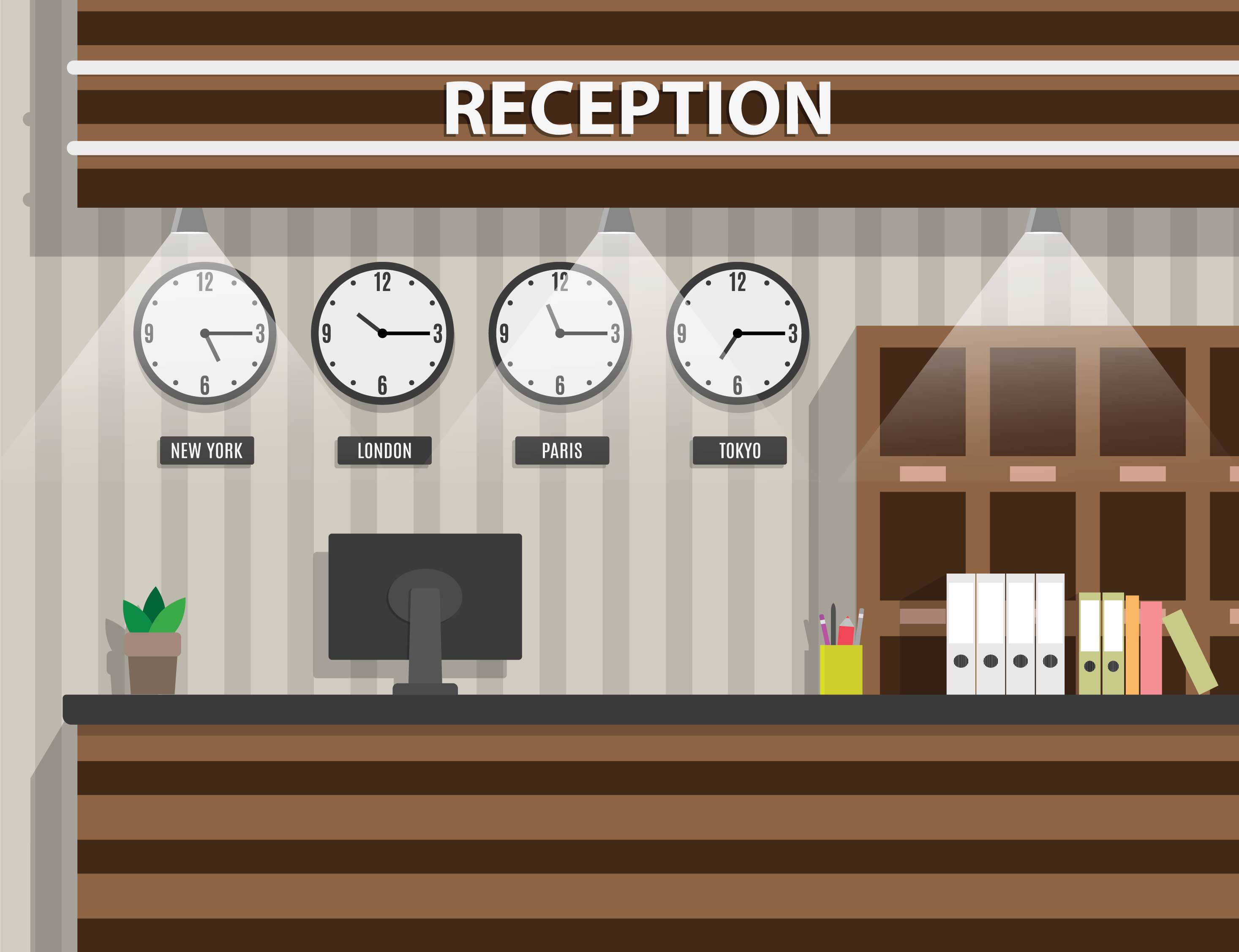Estimated reading time: 3 minutes
The hospitality sector, like other industries, has been challenged with the task of evolving technologically in a rapidly changing world filled with more demands than obvious solutions. With millennials becoming a fast-growing consumer within the hospitality sector and technology continuing to become a focal point for customer interactions, there is a need to stay tech savvy and provide unique experiences for each customer.
- Mobility is Key
Mobile access to features within hospitality is no longer a futuristic ideal – it’s today’s leg up on the competition. Today’s hospitality customers – particularly those between the ages of 20 and 35 – want to be able to accomplish things that previous generations did manually, like utilizing mobile devices to check in and out of their rooms, ordering room service through an app, paying bills with mobile wallets, and accessing apps to show them the best attractions and restaurants nearby. Hotels who aren’t able to supply these services may see a drop in younger travellers as they check in elsewhere, like AirBnB and independent hotels. VARs should also work to supply cloud-based mobile solutions for staff in the hospitality sectors. These technologies are not meant to replace any employees; rather, they should streamline mundane tasks, freeing up staff for more important work. For example, a manager who spends most of the day dealing with scheduling, asset tracking, and ensuring customers are content cannot manage staff members effectively. But if mobile solutions are implemented effectively, managers can quickly bypass these tasks and focus in on more important tasks.
- Connectivity is Mandatory
Gone are the days when hotels could get away with low bandwidth accessibility and shoddy internet connections. Now, as people rely more and more on the internet to work and play, hotels must be able to offer seamless connectivity to customers for free. VARs that can supply hospitality clients with affordable methods to supply connectivity and mobility throughout their facility will have an advantage in the industry.
- The Rise of Self-Sufficiency
What it means to have good customer service is now very different than it was a decade ago. Where customers once enjoyed having their hand held and their every need taken care of by caring and conscientious staff members, they now shy away from interacting with hotel personnel unless completely necessary. This is where the importance of supplying and selling strong mobility solutions comes in. Along with preferring to check in and out of rooms via mobile solutions, customers also prefer to be able to communicate with hotel staff through mobile means as well. Having housekeeping staff, managers and other staff with mobile means of interacting with customers is key to maintaining positive customer service. Some hotels have even implemented robots that customers can contact to order and receive room service. These services allow customers their privacy while staying in a hotel, without sacrificing quality of care or customer service.
- Don’t Sacrifice Security
When implementing these solutions to customer service, however, it’s important to remember that security is not a service to skimp on. With the ever-rising threat of hackers and identity theft, hotels integrating mobile interactions should be extremely cognizant of the need to not only serve customers better, but to protect them in the process. VARs should use this as an opportunity to show off the best security software programs available to customers looking to implement mobility solutions into a hospitality company. Without the proper security, mobile transactions cannot be trusted, opening both the hotel customer and the hotel itself up to hackers looking to snag all the personal information they can use.
The hospitality sector is a slow-moving industry, but customers are quickly shifting their own preferences. Without the ability to stay technologically competitive, hotels will severely lag behind their competitors and lose out to hotel substitutes like AirBnB. VARs have a unique opportunity to be able to approach these companies with solutions that will not only improve returns overall, but will add to customer loyalty and satisfaction as a whole.

